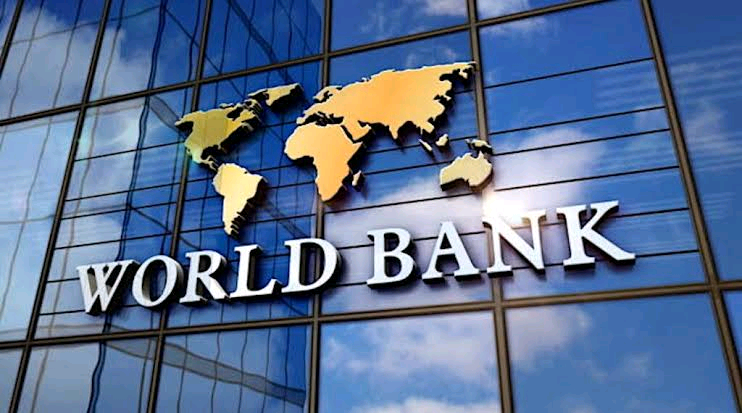Thelma Osatohanmwen
The World Bank has raised concerns over the food security situation in Nigeria, identifying seven states at risk of severe food crisis due to high levels of insecurity and armed conflicts.
These states, namely Borno, Adamawa, Kaduna, Katsina, Yobe, Sokoto, and Zamfara, are particularly vulnerable to food insecurity, according to the latest Food Security report released by the World Bank.
The report projects that most areas in West and Central Africa will remain minimally food insecure until May 2024.
In Nigeria’s far north, the identified states are expected to experience crisis-level food security, primarily attributed to persistent insecurity, armed conflict, and deteriorating livelihoods.
In response to the alarming food crisis, the Federal Government of Nigeria has initiated immediate measures to address the situation.
Mohammed Idris, the Minister of Information and National Orientation, announced that President Bola Tinubu directed the Ministry of Agriculture and Food Security to release approximately 42,000 metric tonnes of grain, including maize, millet, and garri.
Also, the Rice Millers Association of Nigeria reinstated its commitment to releasing over 60,000 metric tonnes of rice to the public.
These measures aim to alleviate the hardships faced by Nigerians due to soaring food prices in the market. The government’s objective is to mitigate the cost of essential food items by ensuring their immediate availability to the public.
As an interim measure, the possibility of importing some commodities is being explored to meet the demand and stabilize prices.
The federal government urges individuals hoarding food items to release them to the market.
Minister Idris emphasized that hoarding commodities during a national food crisis is unacceptable, and appropriate measures will be taken to ensure equitable access to essential food items for all Nigerians.

